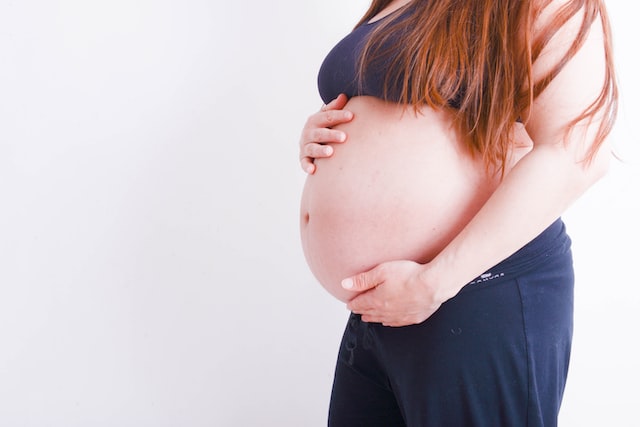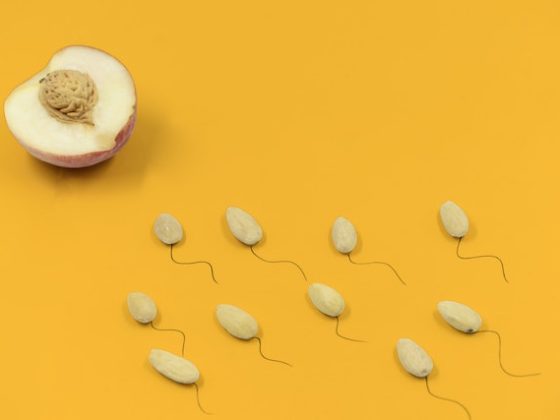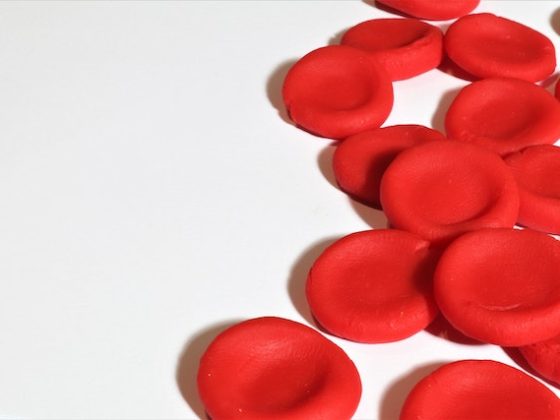Hey there! This post may contain affiliate links. As an Amazon Associate, I earn a teensy commission from qualifying purchases when you buy through these links (at no additional cost to you). For more info, please check the full disclaimer.
According to a large regional American Society of Hematology study, around half of the pregnant women are iron deficient, while one in four has severe iron deficiency symptoms.
Iron deficiency is one of the most common nutritional deficiencies affecting women. It leads to serious health concerns, including infertility, dizziness, extreme fatigue, and irregular menstruation.
Similarly, iron is vital during pregnancy in providing nutrients to the growing fetus and promoting its healthy development. Low iron levels in pregnant women have been linked to premature births, post-partum depression, and death during delivery, per the study.
Although there’s a simple iron deficiency screening test for women, experts are concerned that most pregnant women fail to get their iron levels checked. As a result, there’s a higher risk of pregnancy complications.
Iron deficiency can be easily treated by adding more iron-rich foods or consuming iron supplements.
Read More: 11 Tips to Avoid Congenital Disabilities During Birth








